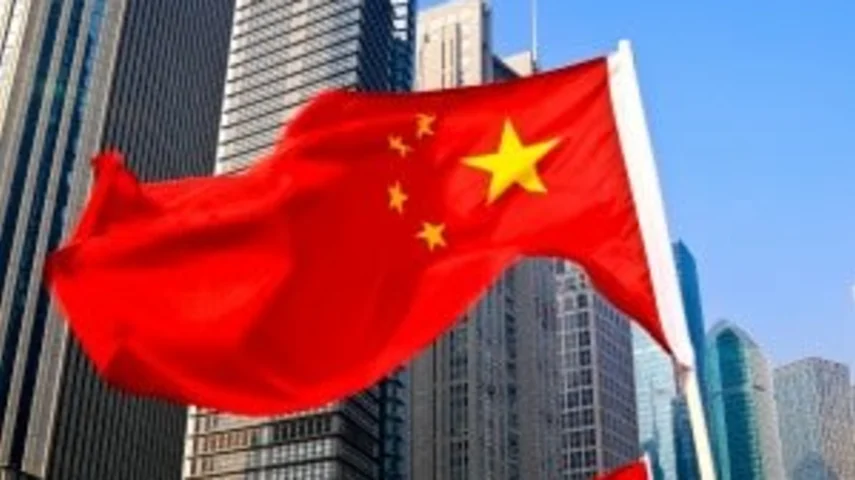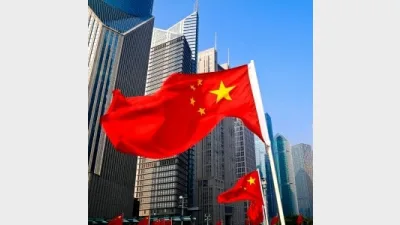‘Divorce’ needed in EM index



There will be a ‘divorce’ between emerging markets as China is set to become the world’s largest economy by 2025.
In a webcast with Ninety One (formerly known as Investec Asset Management), strategist Michael Power said there was a “clear-cut division” developing between China and other Asian countries and those emerging markets in Latin America, Africa, Russia and Eastern Europe.
He forecast China would become the world’s largest economy by 2025 which would necessitate index provider MSCI breaking up its Emerging Markets index. The index was currently 80% allocated to Asia, including 40% to China, while non-Asian countries made up just 20%.
China was currently forecast to be the only country to see a positive gross domestic product this year as a result of its earlier exit from the COVID-19 pandemic.
“There is a clear-cut division in emerging markets between Asia and other emerging markets. The weight of China will rise dramatically, past 40%, as they can’t cap the weighting for much longer so they will have to create a new index,” Power said.
“This would be an Asian index encompassing China, Korea, Taiwan, Singapore and then other emerging markets in a separate index. There will have to be a divorce over the next few years, especially in emerging market equities as it just isn’t working.”
He highlighted a lot of problems in the broader emerging markets stemmed from currency problems in the weaker countries which was another factor contributing to the need for a divorce.
Index provider MSCI already ran an Asia Pacific ex Japan index which included the major Asian players but also the smaller emerging markets such as Thailand, the Philippines and Pakistan.
According to FE Analytics, the MSCI Emerging Markets index returned 4.6% over one year to 31 August, 2020, versus returns by the MSCI China index of 25%.
Recommended for you
Ausbil is growing its active ETF range with an ESG product in collaboration with sister company Candriam.
Philanthropic investment group Future Generation’s CEO, Caroline Gurney, will step down from her role at the start of next year.
The newly combined L1 Group is expectant of stabilising Platinum’s falling funds under management within the next 18 months, unveiling four growth pathways and a $330 million equity raise.
Janus Henderson Investors has launched a global small-cap fund for Australian investors, which includes a 5.4 per cent weighting to Australian equities.












